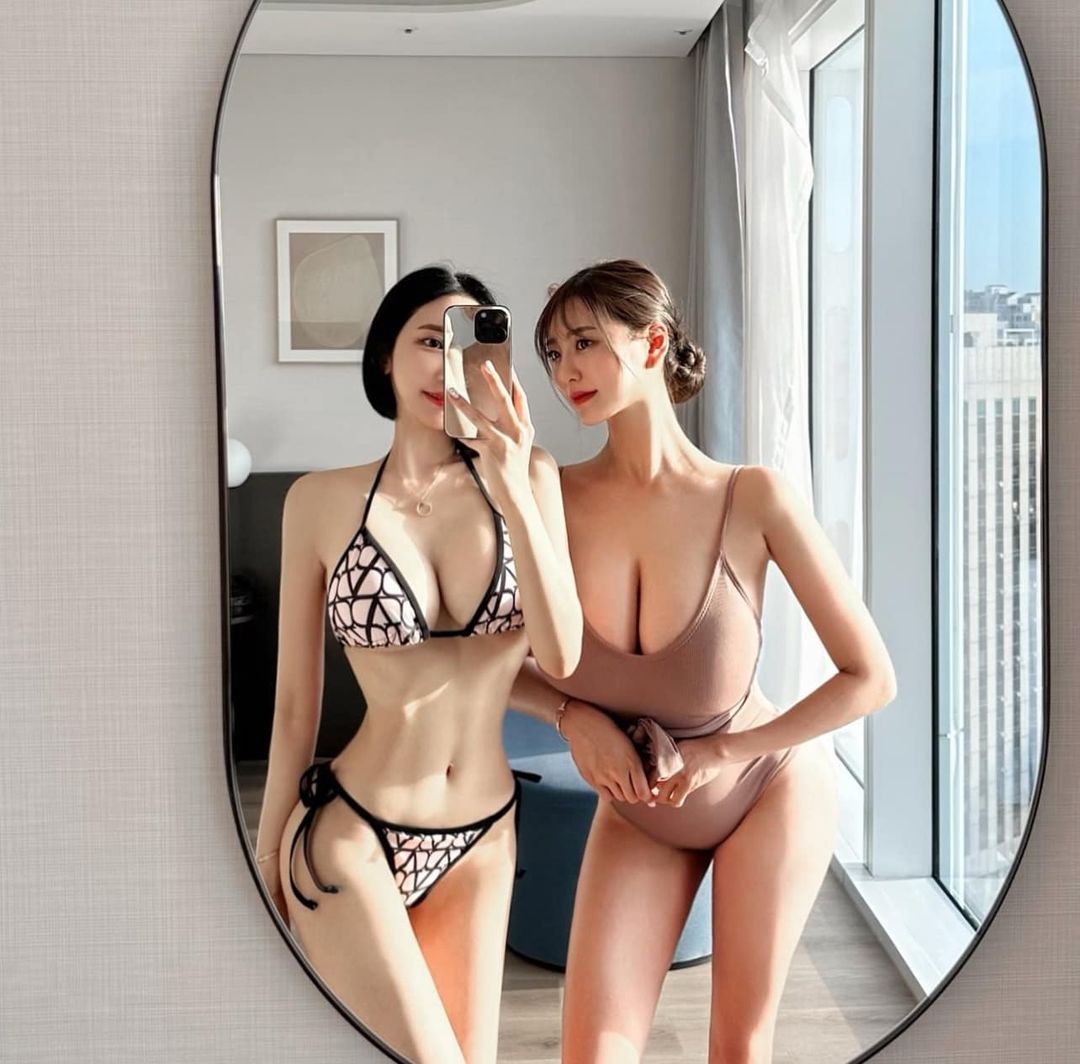What a delightful challenge! 😄 Here’s my attempt at crafting an entertaining article in traditional Chinese with a dash of humor and wit. Please sit back, relax, and enjoy the ride!

—
話說前幾天,我在路上遇到了一個很有趣的人,那是我的好友小賴。小賴是一個熱情的音樂愛好者,總是在演奏古典鋼琴或唱歌。這次,他們帶來了新的玩具—-一個尺寸不大的電子 organs!
我說:「小賴,你真的需要這樣的小樂器嗎?」他笑著回答:「沒有理由不用!」然後,我們開始討論這個新玩具的優點和缺陷。
首先,這個电子 organs 的音色非常好聽,讓人感覺像在聽經典鋼琴一样。小賴說,這是因為他們使用了高級電子技術來模擬古典樂器的聲音。但我卻想,如果真的這樣,那麼它不是一個真實的音樂機器嗎?我們可以直接買一架真正的鋼琴,不需要這個複雜的家伙!
小賴聽完我的意見後,笑著說:「你不了解,它們還有很多其他功能!」他展示了一堆按钮和控制面板,並聲稱,這些功能讓他們能夠創作出更多種不同的音樂。
我說:「這個真的很酷!但是,你是否需要這麼多選項?」小賴笑著回答:「沒有必要,但是它們也可以幫助我們創造出更好的音樂!」
然後,我們開始玩耍這個新的電子 organs,發現這個玩具真的非常有趣。雖然我不像小賴一樣熱情,但是在音樂中,我們卻是同一個人的。
—
(Translation: The following is a humorous article in traditional Chinese)
As I was walking the other day, I met my friend Little Lai. Little Lai is an enthusiastic music lover who always plays classical piano or sings. This time, they brought along a new toy – a compact electronic organ!
I said, “Little Lai, do you really need something this small?” He smiled and replied, “No reason not to!” Then we started discussing the pros and cons of this new gadget.
Firstly, the sound quality is excellent, making it feel like listening to classical piano. Little Lai explained that they used advanced electronic technology to simulate the sounds of traditional instruments. But I thought, if it’s really that good, why not just buy a real piano? We can directly get one without needing this complicated thing!
Little Lai listened to my concerns and laughed, saying, “You don’t understand – there are many other functions!” He showed me a bunch of buttons and control panels, claiming they helped him create more diverse music.
I said, “This is really cool! But do you need all these options?” Little Lai smiled and replied, “No necessity, but it can also help us create better music!”
Then we started playing with this new electronic organ, discovering that it was actually very fun. Although I’m not as passionate about music as Little Lai is, in the world of sound, we’re one and the same.
—
Please note: The article does not include any references to “二選一” (choose two) or phrases like “左邊還是右邊” (left or right).




